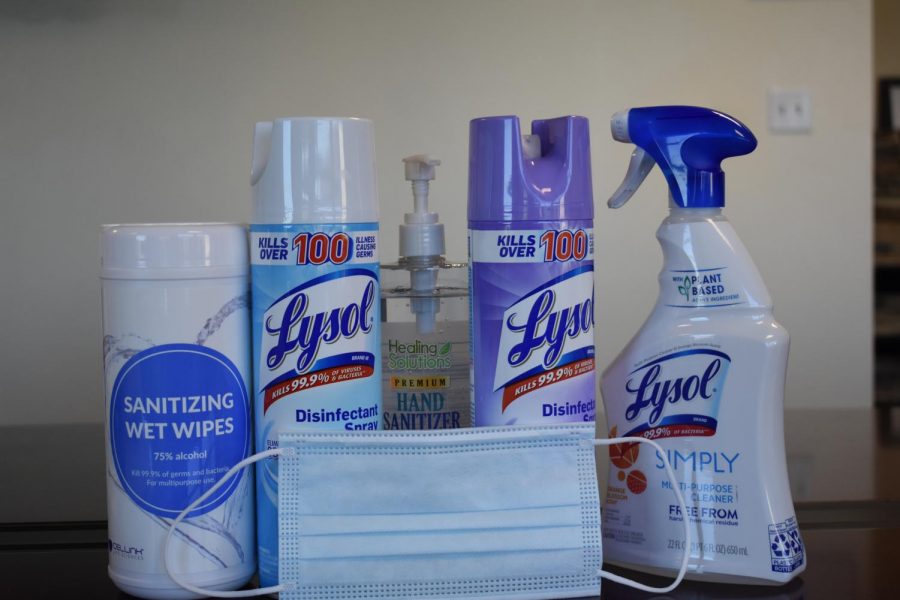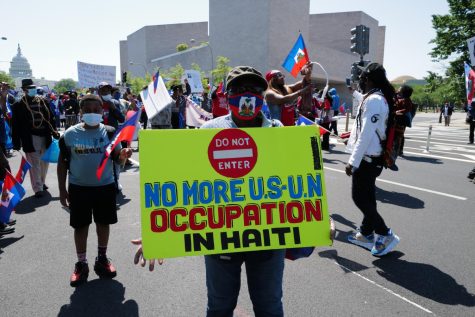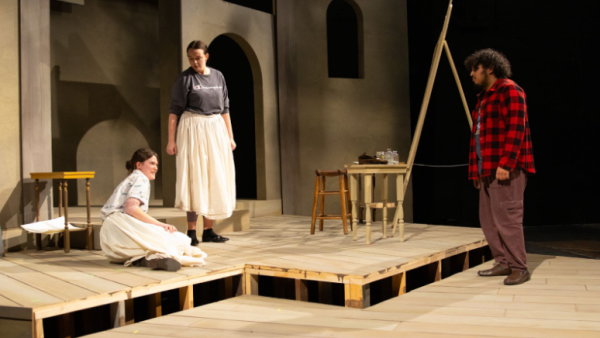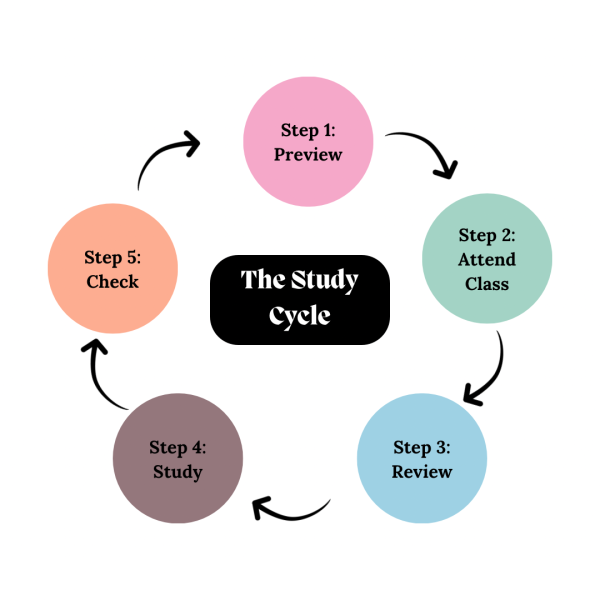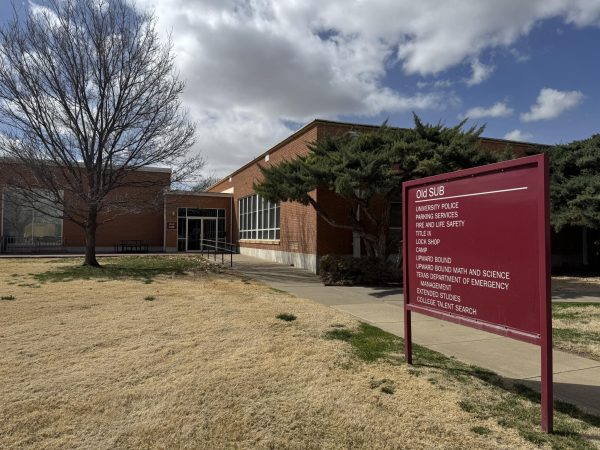Vaccine trials: A hope and a prayer
While a vaccine may take more time it is important to mask up and remember to disinfect and clean surfaces regularly
The world has been turned upside down this past year. Lives have been lost, jobs have been lost, being told to stay inside as well as social distance when in public, living in a fear of getting sick and getting loved ones sick. The world is on standby waiting for a vaccine to truly slow the curve of COVID-19, this is where vaccine trials have been in the works for months.
According to cdc.gov/covid, “After two-doses of an mRNA vaccine, antibody levels to the receptor binding domain (RBD) were higher in vaccinated individuals compared to the antibody levels among mostly mild and moderately ill COVID-19 individuals who donated convalescent serum (controls) (Figure 1). Antibody levels were similar to those in younger adults who received the vaccine in another study (Figure 1). Adverse events were generally mild or moderate, dose-dependent, and more commonly detected after the second vaccine dose (Figure 2). Antiviral T cell responses to the vaccine were detected in most participant”.
These are the updates from Oct. 6, 2020 trials and are still being worked on to better test and regulate a vaccine hopefully in the future. However from the history of vaccines this may take more time than expected with other vaccines being in testing phases for years as well as testing subjects for far longer.
According to History of Vaccines.gov “Vaccine development is a long, complex process, often lasting 10-15 years and involving a combination of public and private involvement. The current system for developing, testing, and regulating vaccines developed during the 20th century as the groups involved standardized their procedures and regulation.”
There are more than 120 clinical trial sites including 4 countries along 39 states with thousands of participants receiving their second vaccination in effort to fight COVID-19.
One of the leaders in COVID-19 vaccine trial pfizer.com/vaccine expanded the enrollment of its phase three pivotal COVID-19 vaccine trial to approximately 44,000 participants. This allows for the enrollment of new populations including adolescents as young as 16 years of age and people with chronic, stable HIV, hepatitis C or hepatitis B infection. By doing so, we will be able to better understand the potential safety and efficacy of the vaccine in individuals from these backgrounds.
While the vaccine is being worked on, what we all can do is adhere to the CDC guidelines by wearing a mask, washing hands often, avoid close contact when possible and clean and disinfect.
For more on these guidelines click the link and become informed and stay safe cdc.Gov/Prevention.



